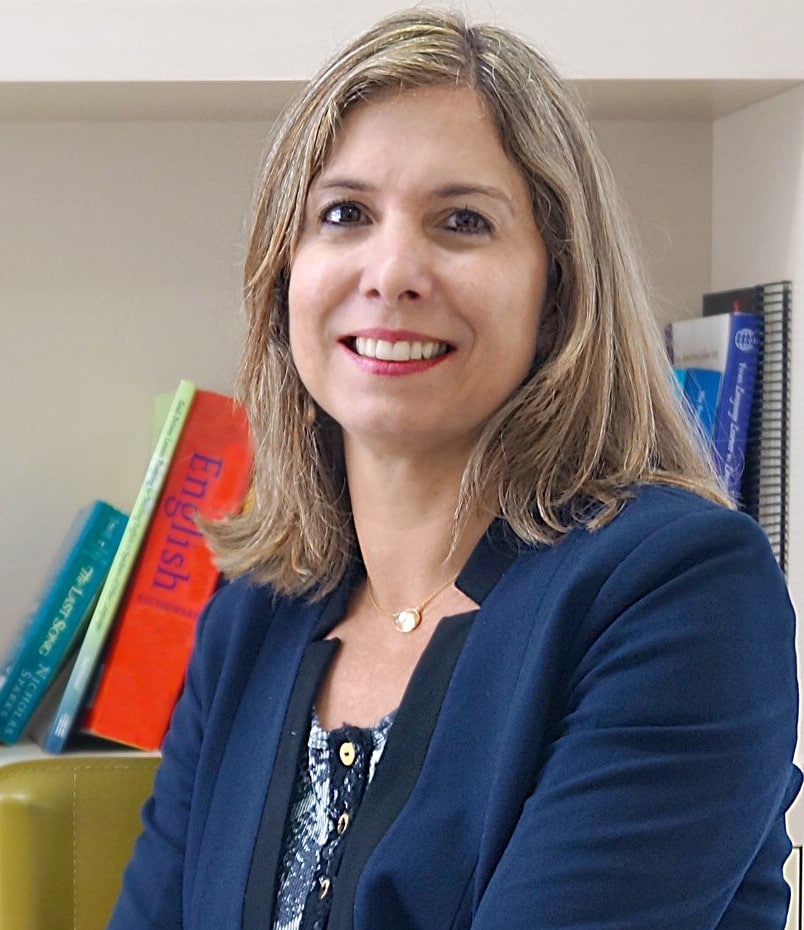To question or not to question…
Preparing for the 15th BTIC? Getting ready to make the most of it with Isabela Villas Boas’s tips on presentations and the programme and Elaine Hodgson’s ideas on networking? Conferences are usually a great opportunity to reassure us all, ELT professionals, that we are a strong professional team, seeking for development, growth and better quality in our teaching. It is a wonderful learning experience, with lots being shared and discussed. For me, it is a moment for a healthy productive discussion about our perspectives and the future of ELT. I tend to leave conferences with more questions than answers and relentlessly question my own practice and attitude, shaking myself out of my comfort zone sometimes.
In ELT, and perhaps in other fields as well, we share practices and we incorporate new ideas in our teaching. However, I sometimes miss the debate, the questioning that will catapult us to a whole new perspective – from both within the field and the society. The world is changing rapidly in some other areas, the society is changing, learners are changing… I dream of more innovation in ELT as well, the vanguard of teaching and I constantly question if what we do could be done differently, better. We have great professionals in all roles in our field. How can we spread greatness (and their growth mindset), make it contagious, raise our own standards to a new level?
The Leaders column in a recent edition in The Economist suggested that we improve the average teacher to revolutionise the profession and they state that significant development is made in the first few years on the job, but teachers seem to reach a plateau later. It is not at all easy, though it seems very simple (help teachers develop and the whole field changes), and making considerable changes seems to demand a very high degree of accountability from all those involved. And here I face yet another question: how much are we doing and how much more can we do as individuals, as part of a group, an institution? Who is accountable for the movement towards improvement?
If we do find ourselves in the path towards more accountable practice, more professional development, empowering teachers, reaching a higher standard, another question comes to mind: how long can we keep improving? As individuals and as the professional field? Ideally, in the realm of education we should be looking at continuous professional development more than in any other area. How much are we willing to face the fact that our beliefs, our good teaching can be changed and become even better? Are we ready to leave the comfort zone, to face our ego? Are we ready to question what we have been doing for so long and debate new ideas in order to find answers that we may not yet have? Changes usually demand a period of disruption before we achieve the new standards. Are we ready for disruption?
Who would like to join me in the discussion about our profession – the current situation and future perspectives?




